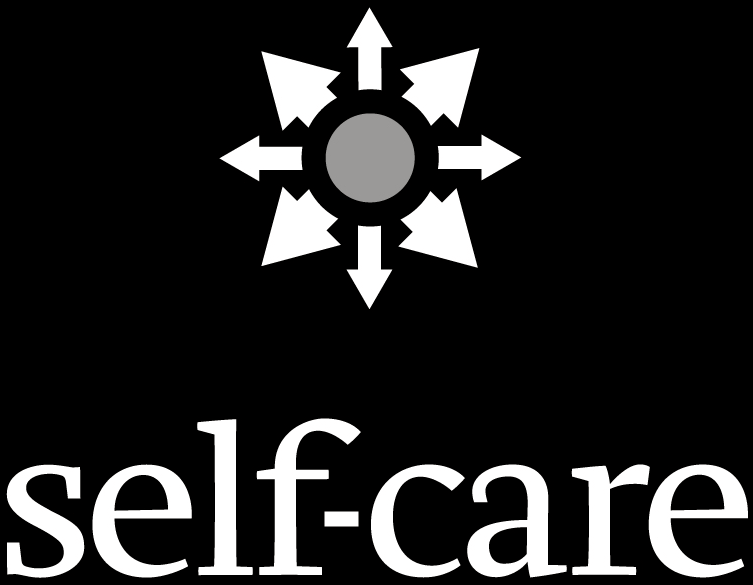Empathy without boundaries is self-destructive. To pursue the higher good or doing the right thing without a thought as to the limits of ones’ capacity or responsibly handling conflicting priorities paves the way to undue stress and suffering. While we may be guided by a higher aim, others may not be, or worse, can be opportunistic.
As outlined in the section on Vision, there are only a handful of possibilities from the point of view of the actor (the one that makes the effort). Before venturing onto the path of opportunity purely based on what is desired as an outcome or for how we view ourselves in terms of our self-worth. Boundaries are self-imposed limits.
Nevertheless, we cannot make decisions based on convenience. To do so is to become complacent. Instead, it is better to think in terms of how we can do our absolute best at what we have committed to on tasks and upon given commitments. To pile on additional work and jeopardize the quality of our output and degrade relationships is poor Leadership.
Time management is an essential skill to master towards establishing boundaries. By setting priorities and working according to a structure where expectations are managed, and productivity is handled consciously means that the standards set for commitments are high. Boundaries for making additional commitments then preserve your respect and trust.
By raising personal standards through the habitual practice of SELF-CARE, which entails time management, relationship management, and personal development, boundaries are a way of maintaining self-esteem. Living with high standards and quality relationships is a matter of discretion. We should not allow any destructive attitudes or behavior towards us.
Feedback can be rough, and it should be when we fail to live up to the expectations we set. In these situations, criticism is valid and should be factored into personal development as valuable lessons. To see beyond the attitude from an angry customer or relationship is a test of emotional strength and those with high self-esteem are capable of accepting these faults.
Similarly, we need to respect and trust our own boundaries for high standards when we are wronged by others. There is no need to create any additional destructive impact. It is wiser to limit losses and to move on under the best terms possible, even if this means cutting ties completely. Setting boundaries and living according to these limits is a Leadership quality.
On the last point, it is important to recognize the values and vision others have for themselves and consider the nature of our relationships in terms of compatibility. When there are significant differences, we need to establish boundaries to preserve a healthy outlook or suffer unnecessary rancor in trying to reconcile opposing opinions to no real end.
